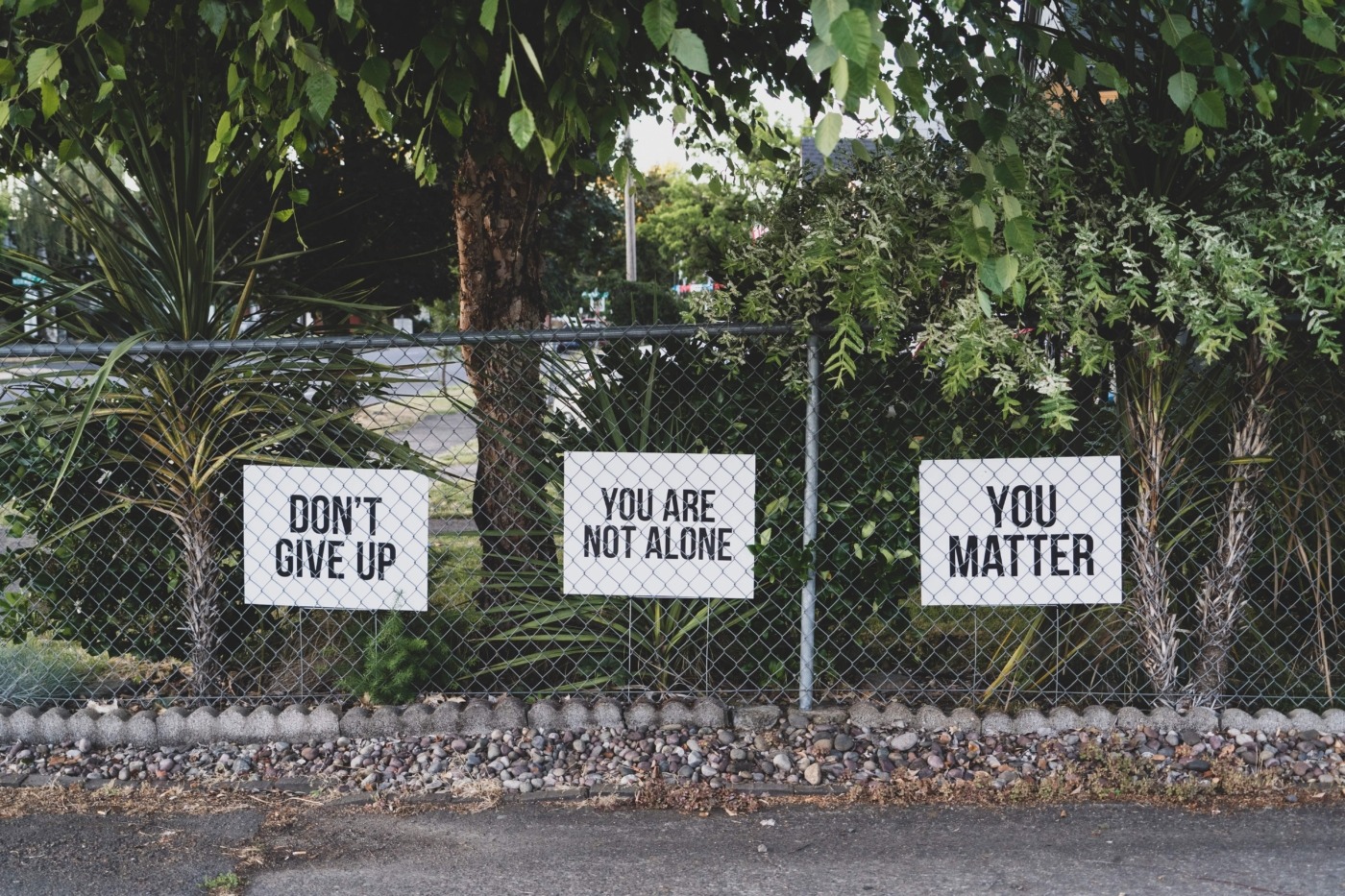Movember: raising awareness of male mental and physical health
CW: mention of suicide and discussion of mental health
In 2003, two friends, Travis Garone and Luke Slattery, from Melbourne, Australia decided to bring back the moustache in aid of men’s health. What started as thirty friends growing a moustache in the spirit of men’s health and prostate cancer has spread into an international movement.
According to their website: “There are now official campaigns in 21 countries’ raising over ‘AUD 730 million to fund over 1,000 men’s health programs. The focus has broadened to four key men’s health issues: prostate cancer, testicular cancer, poor mental health and physical inactivity.”
As someone who is a staunch advocate for facial hair – go for it I say. As someone who has a personal relationship with mental health – there’s even more reason to do so.
It’s important to remember mental health doesn’t discriminate
Raising awareness of mental health issues are crucial no matter what month it is. It’s important to remember mental health doesn’t discriminate. Having said that, data from the Office for National Statistics states that men accounted for about three-quarters of suicides in 2019 at a total of 4,303 compared to 1,388. Clearly, there’s something that needs to be addressed here.
Speaking from personal experience, I believe it has something to do with ideas of masculinity with a shut up and put up attitude prevalent in a lot of societies. There’s this very weird concept that it’s deemed ‘unmanly’ to show any kind of weakness.
You might not think that many men subscribe to these ideas of toxic masculinity. I certainly didn’t think I did. When things started going wrong though, I internalised it for a very long time. It was only when it started looking serious that I did something about it. I can’t help but think about how I might have been able to have ‘fixed’ the situation earlier.
Showing and being in touch with your emotions doesn’t harm anyone
How might we go about changing this? Well, it’s not going to be easy, as it requires talking. Mental health services are definitely improving, but it’s more about debunking this stoic behaviour men feel like they need to have. It’s about changing this idea that everything’s alright when it’s not (which I understand applies to everyone), and that we cannot show any emotion, but be strong and indifferent. Trust me – showing and being in touch with your emotions doesn’t harm anyone.
Mental health is an individual situation so we can’t have a ‘one size fits all’ approach. It’s important to realise that even though for the most part, you might be ‘better’, it’s a question of fluidity. I definitely have bad days and good days but for now, at least, the good days outnumber the bad.
I’m definitely in a much better place than I was at the beginning of this year, but I do recognise that if I had spoken up sooner, I could’ve been helped more quickly and perhaps not spiralled the way that I did.
Listen to yourself – do what you think is going to help you the most
I’ve learnt that speaking to people little and often is a great help but I’m writing this in the hope that I can help people to not get in the situations I found myself in. If you’re reading this, and you’re struggling, I would urge you to have a conversation with someone – a friend, personal tutor, lecturer, family member or whoever you feel comfortable with.
No one is expecting you to pour your heart out or go into great detail, because it’s the little steps that make up the journey. Get in touch with the Wellbeing Services at Warwick if you’d like. I have used them, and they’re decent. Most importantly, listen to yourself – do what you think is going to help you the most.
For anyone who has been affected by the issues raised in this article, there are lots of places you can turn to for help and support. Warwick Wellbeing Support Services are available through the Wellbeing Portal, online or over the phone. NHS Coventry and Warwickshire Partnership Trust are offering online or over the phone urgent support for anyone suffering from mental health issues. More information can be found on their website. Charities such as MIND also have information, guidance and support available online.

Comments